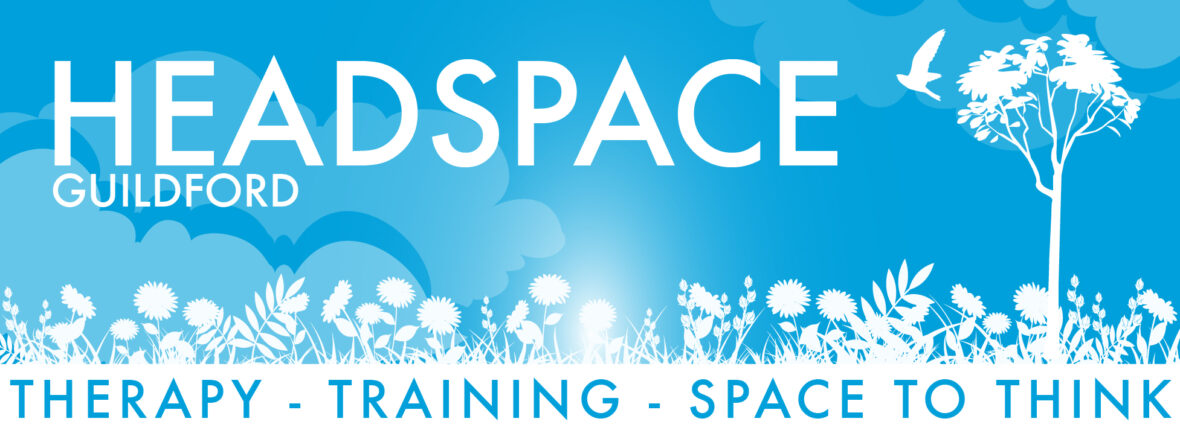I promised here (http://headspaceguildford.co.uk/what-is-mental-health/) that I would post on how life growing up impacts on our mental health. This is a tricky area to write a short blog about because it’s complicated. It would be easy to blame all our problems on what happened to us when we were little, and therefore think we have no control or influence about what is happening to us now or might happen in the future. So, whilst I will talk about things that can make it more tricky and result in us struggling more, I do truly believe (and know from experience and training) that we can chose the way we want to be now and going forwards and that we can live amazing lives despite really difficult early times.
First, let’s think about a new born baby. They can’t do much. They can’t talk or move around, they can feed themselves, they can’t get out of the way of danger, in fact they can’t even control their own limbs. Now, compare that with a two year old child. They can use and understand language, they can run and walk, they can propel themselves on scooters or little bikes, they can feed themselves and they can perceive and respond to threats and danger. They know who their parents and other familiar adults are, they express preferences (often quite vocally!) and show affection. That’s an awful lot of learning that has happened in those two years. The brain of a baby is ready to do all this learning and it grows at a fantastic rate. The learning we do in these early years lays down a blueprint which we use throughout our lives. It quite literally becomes the lens through which we see the world.
Now, if during those years, a baby doesn’t get positive feedback on how s/he is doing or if s/he is treated unkindly then that is learnt too. The brain learns how to stay safe in situations of danger. This means they can learn for example that if they go too near the road Mummy shouts at them, which is a helpful thing to learn. But sometimes this means keeping out of a parent’s way when they are shouting or not asking for food because a parent cries when they do or says something unkind back. The learning done may teach the small person that people are not to be trusted or that talking to adults gives them a feeling inside that they don’t like. This becomes the blueprint for living.
Now all of us will have experienced less than perfect parenting at one time or another. And all parents will be less than perfect sometimes. That’s part of being human and fallible. But for some people the experiences are repeated time and again, resulting in them being left with something unconscious (such as a desire to avoid anything which makes them feel sad) which whilst adaptive as a baby, makes living that bit more difficult. This can put people more at risk of struggling with their mental health as they get older.
But, like I said above, this isn’t the end of the story. Noticing, thinking and talking about the problem are the first steps to re-writing some of your brain wiring. And even before that is the desire to want to change and the motivation to do something about it. If you’ve got that, then the world is your oyster!
